The Legend of Zelda is not only one of Nintendo’s biggest and most popular franchises, but one of the most beloved names in gaming. Since the original game’s release on the Nintendo Entertainment System (or Famicom in Japan), The Legend of Zelda has seen hit after hit in an unbelievable run of acclaim and accolades. Nintendo has also continued to take the franchise in unique directions, notably doing so last year with the newest entry, The Legend of Zelda: Echoes of Wisdom.
One of the most unique parts of The Legend of Zelda is the timeline of its story. Among the most hotly debated parts of the franchise among the fanbase, the Zelda timeline takes some odd twists and turns that can make it confusing to follow. While playing The Legend of Zelda in the timeline order may provide some benefits, it could also have some drawbacks for newcomers and hardcore fans alike.
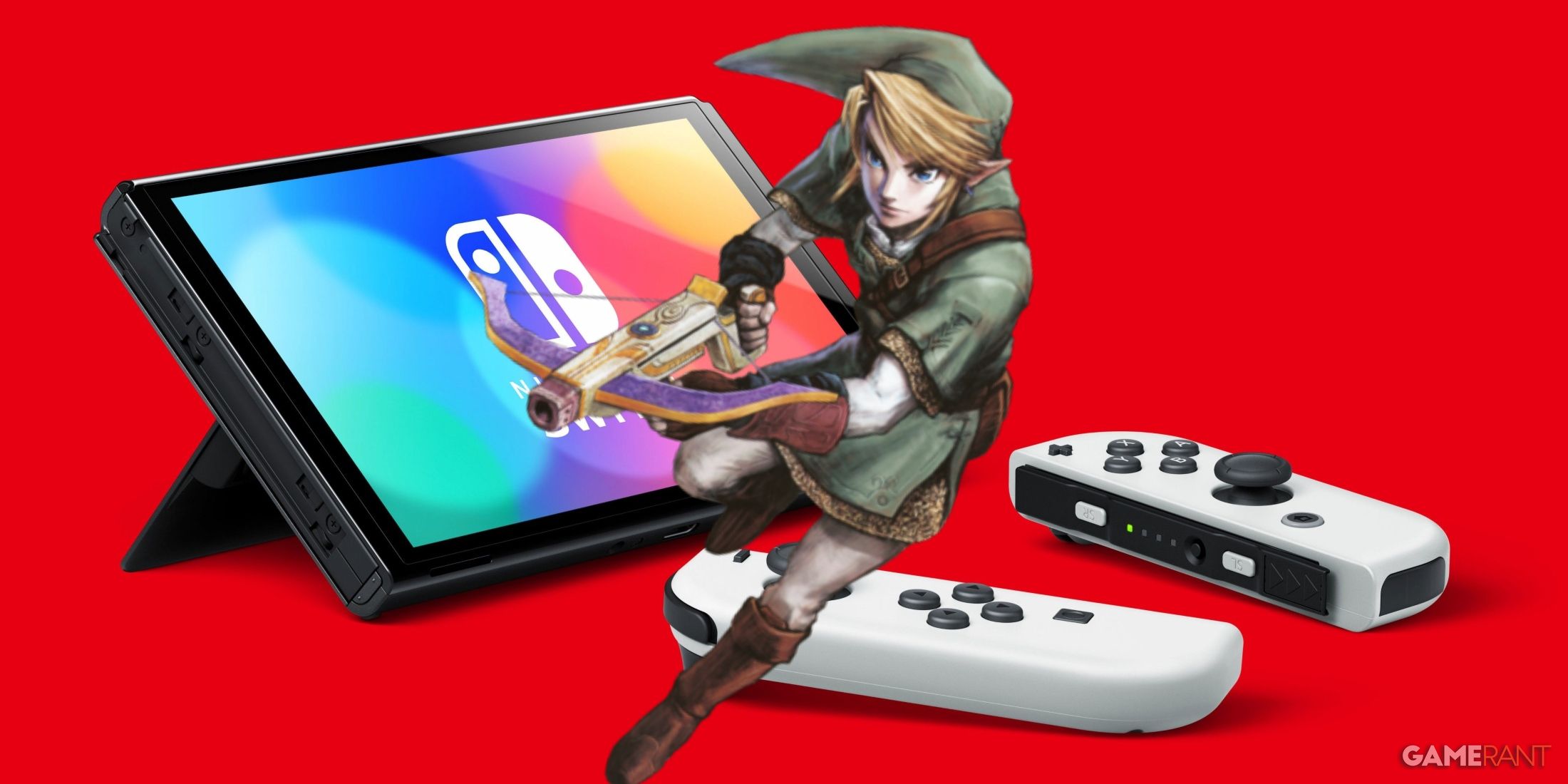
Related
The Zelda Series Could Pull One Forgotten Spin-Off Out of its Hat for a Switch 2 Launch Title
It would be great to see a Legend of Zelda game on the Nintendo Switch 2’s launch line-up, and one forgotten spinoff could be a great pack-in title.
Playing The Legend of Zelda In Chronological Order Vs. Release Order
Zelda In Chronological Order Helps Gamers Appreciate The Lore
In one breath, playing The Legend of Zelda series in the order of its timeline could help players appreciate the franchise’s lore a bit more. While the stories of most games are not entirely connected, there are ways where the stories of some games build on earlier (or later) entries. Thus, playing the games in chronological order can be a unique challenge, especially for hardcore fans who have already played through the series and would understand it more than a newcomer.
Also, playing the Zelda franchise chronologically might help keep the games fresh for some players. Since different titles in the series play differently, playing the games in the recommended timeline order allows players to jump between altogether different titles. This means gamers won’t feel like they’re constantly experiencing more of the same, and the changes in styles can keep gamers on their toes and serve as an interesting challenge.
Zelda’s Timeline Split Might Make A Chronological Playthrough Confusing
Even so, playing The Legend of Zelda in its timeline order might be fruitless unless one is a hardcore fan of the series. After all, the story of Zelda is not exactly linear to begin with, and most notably, the series’ timeline splits after The Legend of Zelda: Ocarina of Time. Following this game, the timeline breaks into three separate parts before vaguely merging back together in some way within the events of Breath of the Wild and Tears of the Kingdom.
To that end, the splitting of the timeline makes playing The Legend of Zelda in chronological order a difficult proposition. Given the three distinct paths the franchise splits into, it could be difficult to decide whether to tackle one timeline at a time or to regularly swap between the three. This could work against one of the pros of playing in chronological order, as it only makes the lore even more confusing to figure out.
The story of Zelda is not exactly linear to begin with, and most notably, the series’ timeline splits after The Legend of Zelda: Ocarina of Time.
Playing Zelda In Chronological Order May Take Away From The Gameplay
Playing The Legend of Zelda in the timeline’s order would also make it harder for players to appreciate the gameplay evolution of the series. The timeline kicks off with the 2011 title, The Legend of Zelda: Skyward Sword, and from there, forces players to go forward and backward in release order often. As the gameplay of The Legend of Zelda is truly its shining star, it might be harder to appreciate what makes the franchise special when players are jumping back and forth in the franchise’s timeline.
While The Legend of Zelda’s timeline is certainly a unique aspect of the series, playing the games chronologically may only be best recommended to players with pre-established experience with the franchise. As much as this can help players appreciate the franchise’s lore, the branching nature of the chronology and frequent jumps between its release order may turn away newcomers to the series. Newcomers to the franchise are best served playing the series in its release order to help appreciate how the series has revolutionized and innovated across several gaming genres.
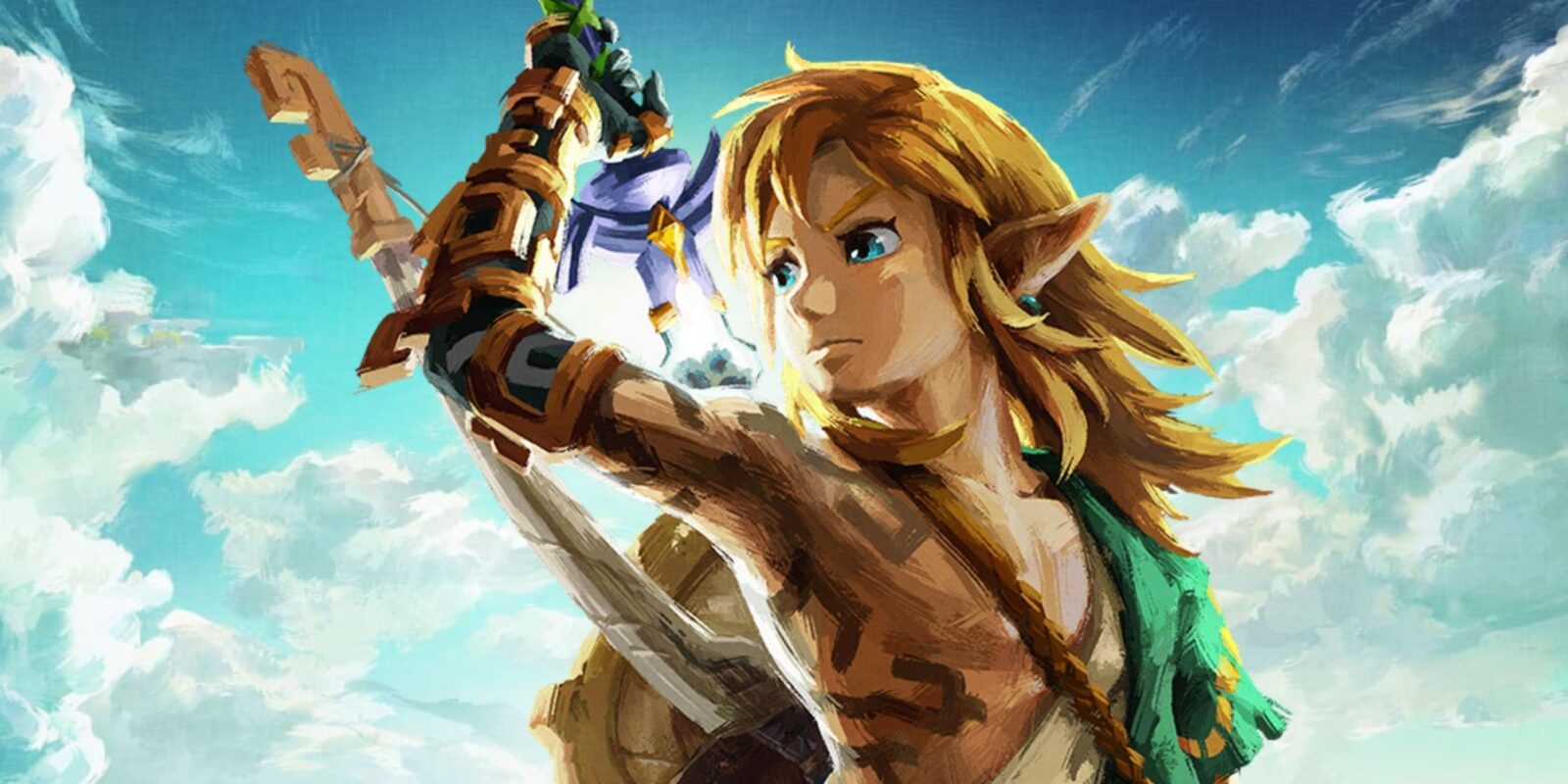

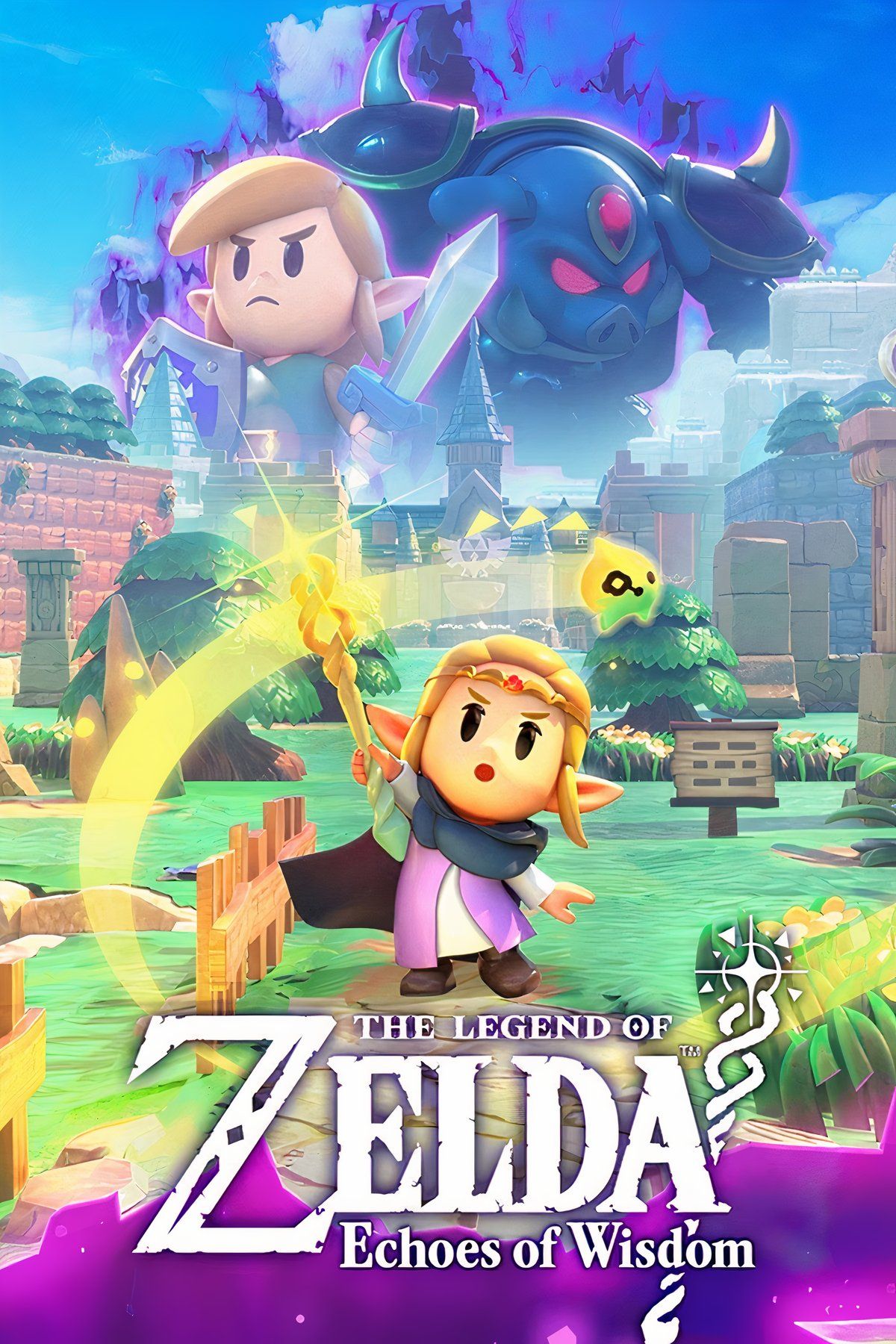
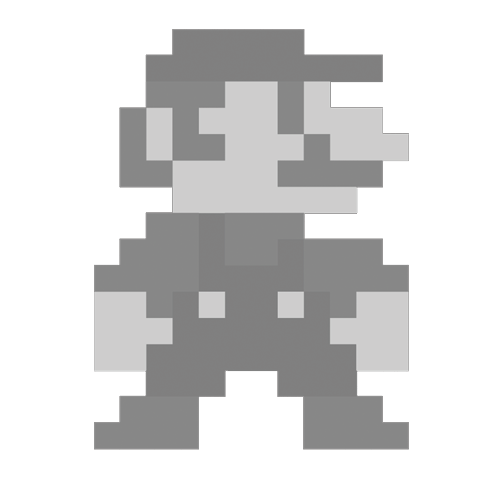


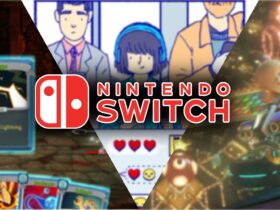

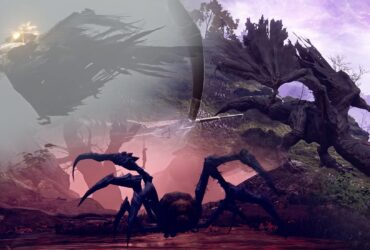
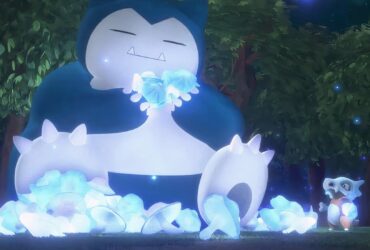

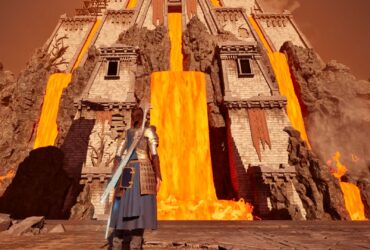

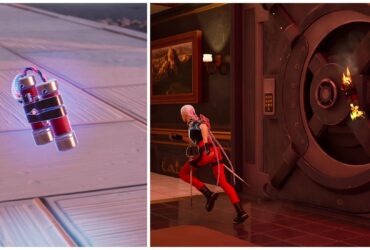
Leave a Reply